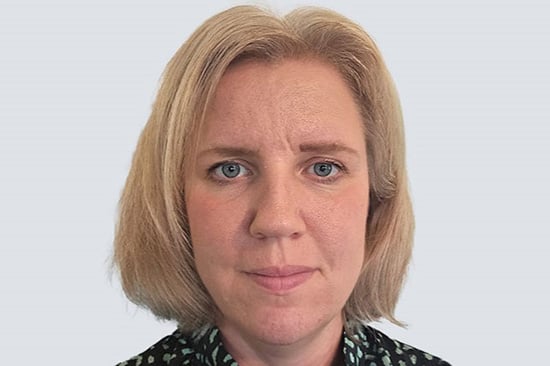Health technology assessment of pharmacotherapies is about to take a step towards a shared European process – but the impacts are still uncertain
High-quality health economic evaluations play an essential role in the successful pricing and reimbursement process of medicinal products. There are national differences in treatment practices, costs and regulatory requirements, so the same evaluation cannot be applied as-is in different countries for example in the Nordics. In the near future, the health technology assessment evaluation process for pharmacotherapies may become more streamlined as the EU moves towards a more unified process. However, there are still uncertainties involved, points out Oriola’s Health Economics Specialist Santtu-Matti Mäkelä.
12.6.2024
Successfully launching a medicinal product on the Finnish market requires a well-designed pricing and reimbursement strategy. The strategy needs to be based on a health economic evaluation that helps assess the cost-effectiveness of the treatment and supports evidence-based decision-making. As a rule, a health economic evaluation is mandatory when applying for reimbursement status for a medicinal product containing a new active substance or when applying for an extension of the reimbursement status, for example due to a new therapeutic indication.

Contrary to what one might expect, the same health economic evaluation cannot be used in all Nordic countries. Pharmaceutical companies must consider that treatment practices can vary between countries and that the pricing and reimbursement process is also different in each Nordic country.
Because of this, localisation is a key component of Oriola’s Market Access services. We ensure that our health economic models are consistent with the specific characteristics and regulatory requirements of each market. Our close collaboration with Oriola’s research team allows us to flexibly leverage Real World Evidence (RWE) in our economic evaluations. RWE data provides valuable information about treatment practices, effectiveness of treatment and treatment results at a national level, which supports strategic decision-making.
There are plans to streamline the assessment of new pharmacotherapies in the future, as the European Union will gradually adopt a Joint Clinical Assessment process (JCA). The JCA process will initially be rolled out for new oncology medicines and advanced therapies at the beginning of 2025, and orphan medicinal products will be included in 2028. Starting from 2030, all new medicinal products will go through the JCA process. The aim of the process is to centralise the clinical assessment of medicines, enhance the use of human resources by reducing duplicate work, create common standards and avoid inconsistencies between bodies that conduct health technology assessments (HTAs). However, JCAs will not replace national evaluations entirely: HTA bodies in the member states will be able to include their specific needs in the evaluation during the preliminary assessment phase of the process. The pharmaceutical company will then have to respond to these needs in its JCA report. National bodies will also retain the power to grant or deny reimbursement status for medicinal products.
Currently, pharmaceutical companies must deliver reimbursement application materials separately to all the national HTA bodies in all the markets they wish to enter. If the reform is successful, it could significantly reduce the workload related to application processes. On the other hand, there are still open questions regarding the impact of the JCA implementation: paradoxically, it may also increase bureaucracy and make it more difficult to create market-specific strategies for medicinal products.
From the perspective of economic evaluation of medicinal products, an additional challenge may be posed by the fact that different member states can have different treatment practices for the same disease. This makes it difficult to choose comparator treatments for health economic evaluations, as the primary comparator product may not be the same in every country. As the country-specific needs indicated by HTA bodies must be taken into account in the JCA report, a large number of these can make the preparation process cumbersome and may delay market entry. Information requests and other additional clarification requests during the JCA process may also burden companies and take up resources, particularly as these requests often have tight deadlines.
Pharmaceutical companies must go through the JCA process before starting the local pricing and reimbursement process. To facilitate the JCA and anticipate its scope, pharmaceutical companies should continue to maintain an active dialogue with national HTA bodies even before the process is implemented. If you need help with completing the JCA, please reach out! We at Oriola follow the implementation closely to ensure that we can provide pharmaceutical companies with expert market access support and reduce the workload related to evaluation of pharmacotherapies – both now and in the future.
Santtu-Matti Mäkelä is a Health Economics Specialist at Oriola. He assists pharmaceutical companies with performing health economic evaluations, acquiring Real World Data and carrying out pricing and reimbursement projects.

